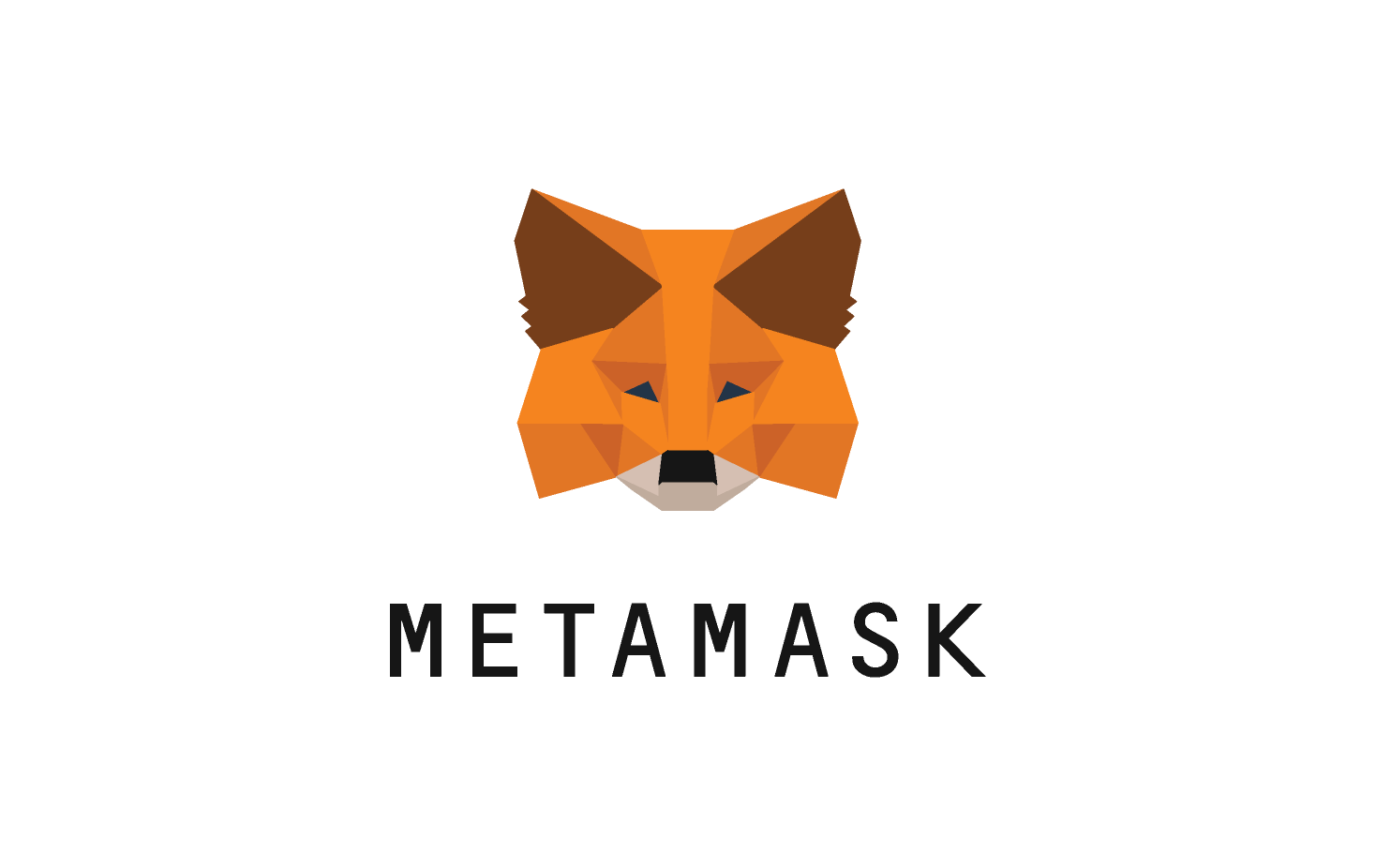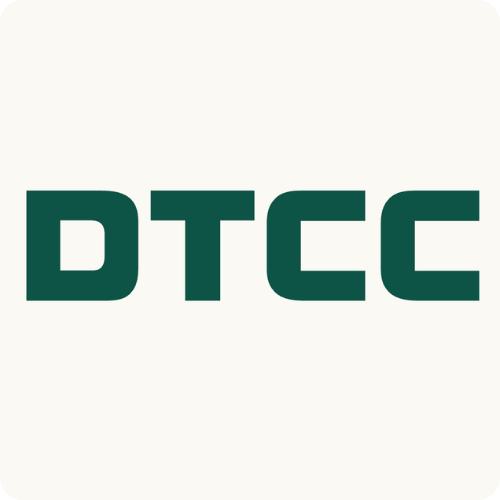
Eftpos
The eftpos solution by Australian Payments Plus provides a cost effective, secure and flexible payment infrastructure for Australian businesses. It supports real time debit transactions, tap to pay on mobile devices, eftpos QR payments and least cost routing, which allows merchants to automatically direct debit transactions through the lowest cost network to help reduce the cost of acceptance.
Australian Payments Plus has worked with Google to enable least cost routing in Google Wallet, with ANZ and Suncorp the first issuers to offer this capability. It is also partnering with Giesecke and Devrient to develop eftpos Click to Pay with integrated least cost routing, an online checkout service that uses tokenisation to protect card credentials and is scheduled for rollout from early 2026 following pilot trials.
These developments enhance payment efficiency, improve security, support domestic data sovereignty and align with Reserve Bank of Australia findings that least cost routing can materially reduce merchant debit acceptance costs.
Project Information
Related Projects

The Hedera Wallet Snap is a powerful open-source plugin that extends the functionality of MetaMask, one of the world's most popular crypto wallets, to the Hedera network. Developed by Tuum Technologies and managed by Hashgraph, the Snap allows users and developers to interact directly with Hedera's native services without relying on a JSON-RPC relay.
At its core, the Hedera Wallet Snap transforms MetaMask into a native Hedera wallet. This provides users with a familiar interface to manage their HBAR and other Hedera-based assets. Key services include the ability to send and receive HBAR, view account information and token balances, and interact with the Hedera Token Service (HTS), Hedera Consensus Service (HCS), and Hedera Smart Contract Service (HSCS). This comprehensive functionality empowers developers to build and deploy sophisticated decentralized applications on Hedera, while providing a seamless and intuitive experience for end-users.
The integration of the Hedera Wallet Snap opens up the network to MetaMask's vast user base of over 30 million monthly active users, greatly expanding the potential reach of Hedera-based applications.

Datahash, formerly known as Entrust, is Australia's pioneering full-service agricultural supply chain platform. Focused on combating the estimated $3 billion annual global wine fraud, Datahash leverages distributed ledger technology (DLT) to ensure the authenticity and traceability of agricultural products from origin to consumer.
Datahash utilizes the Hedera Consensus Service to log supply chain events immutably. Each update is recorded to a defined topic on Hedera, requiring a signature and receiving a consensus timestamp. This approach provides a complete and verifiable history of the supply chain, enhancing transparency and trust among stakeholders.

WISeID is a digital identity platform designed to secure online interactions and communications for both individuals and businesses developed by WISeKey. The platform leverages public key infrastructure (PKI) technology, utilizing standard digital certificates issued by WISeKey's trusted certification authorities.
Central to the WISeID platform is its "WISeID Account," which serves as a gateway to various WISeKey services. Users are provided with a Digital Certificate that enables strong authentication for accessing online services and supports the creation of legally binding digital signatures for documents. Additionally, WISeID includes a “Personal Encrypted Vault,” offering a secure environment for users to store sensitive information such as passwords, financial data, and other personal documents, protected by strong encryption.
For businesses, WISeID offers solutions to secure interactions with employees and customers, including the implementation of single-sign-on (SSO) capabilities to streamline access to corporate resources. The platform provides web services and mobile applications, aiming to provide a comprehensive solution for managing digital identities and ensuring secure digital transactions and communications.

The Depository Trust & Clearing Corporation (DTCC) provides post-trade clearing and settlement services that ensure the stability and efficiency of trading activity. As one of the premier financial market infrastructures over the past 50 years, DTCC processes trillions of dollars in securities transactions daily, offering a range of services that automate, centralize, and standardize the processing of financial transactions to mitigate risk and reduce costs.
DTCC’s Digital Assets is a business unit dedicated to bridging the gap between traditional financial infrastructure and the emerging digital asset ecosystem. Its key services include the DTCC Digital Launchpad, an open ecosystem for collaboration on digital asset adoption, DTCC ComposerX, an end-to-end platform for managing the entire lifecycle of digital assets, and the Collateral AppChain, which provides scalable, tokenized collateral management.
As a founding premier member of the Linux Foundation's LF Decentralized Trust alongside Hedera, DTCC is actively involved in shaping the future of open-source, decentralized technologies.
